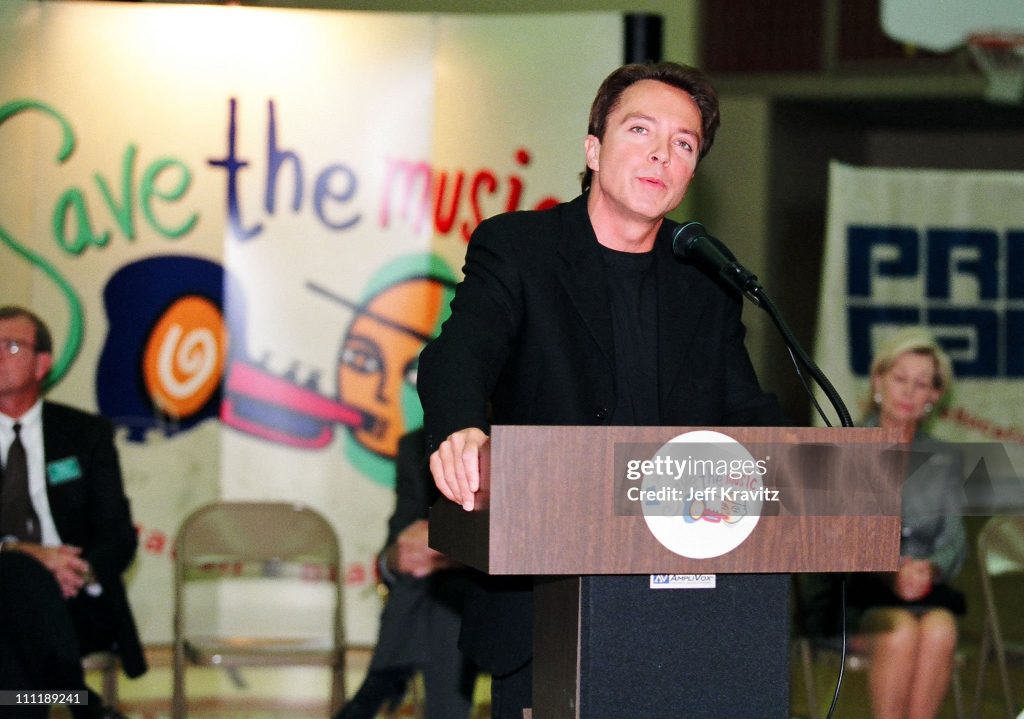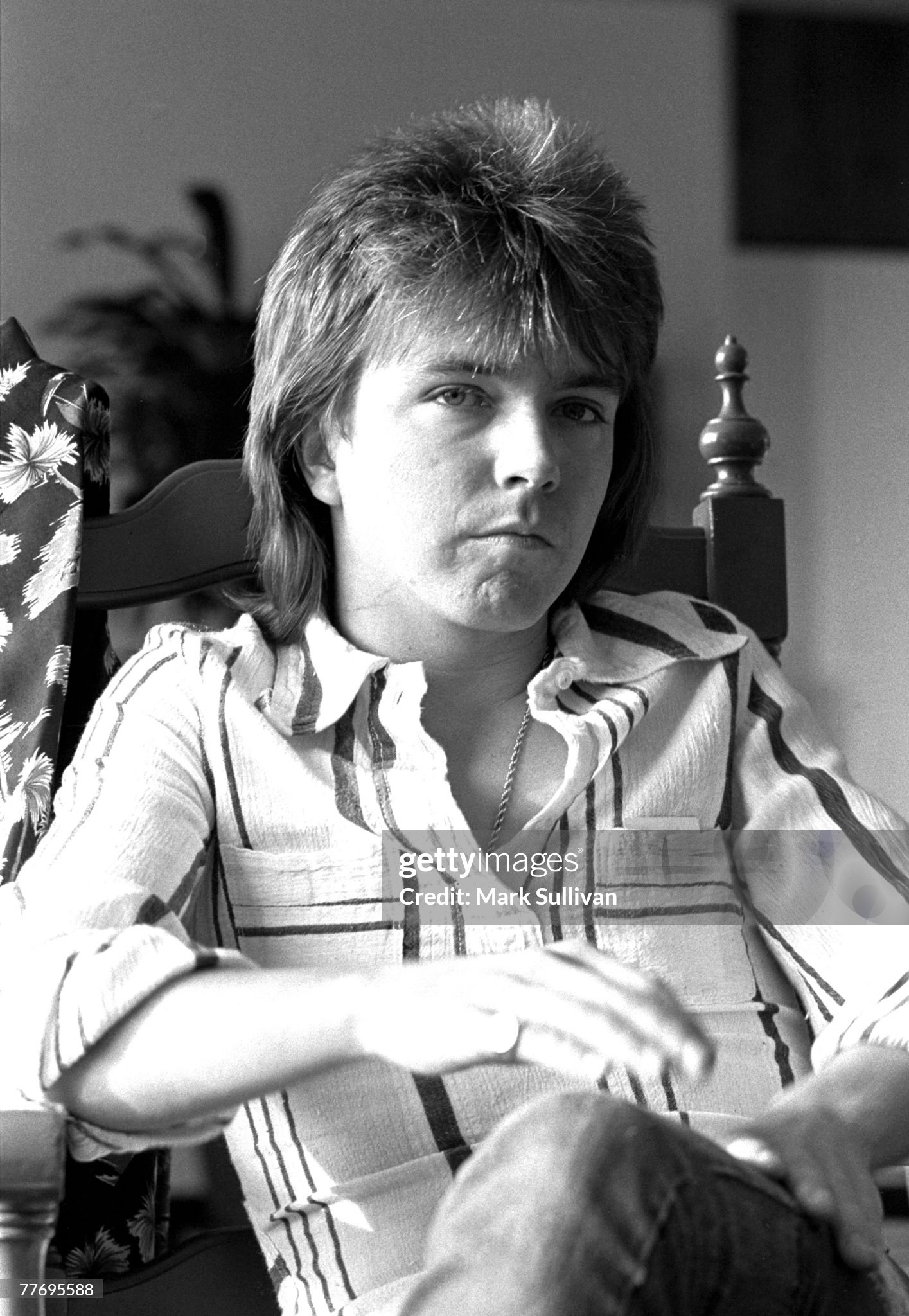
A Melancholic Ode to Lost Love
When David Cassidy lent his voice to the hauntingly beautiful melody of “Ain’t No Sunshine,” he infused it with a unique blend of vulnerability and depth that resonated deeply with listeners. Originally penned and performed by the legendary Bill Withers, this song has been covered by many artists, but Cassidy’s rendition stands out for its emotive power and heartfelt sincerity. Released as part of his album “Then and Now” in 2002, this version did not make a significant impact on mainstream charts upon its release. However, the track holds a special place in the hearts of those who appreciate the timeless quality of its poignant lyrics and soulful delivery.
At its core, “Ain’t No Sunshine” is an exploration of the void left by a loved one’s absence—a theme that is universally relatable yet intensely personal. The song captures the essence of longing and despair with an economy of words that belies its emotional depth. The repeated refrain “I know, I know, I know” becomes a mantra of sorts, echoing the persistent ache of unfulfilled love and the unrelenting passage of time without the beloved.
David Cassidy, known for his role in “The Partridge Family” and his subsequent successful solo career, approached this song with a maturity that reflected his own life experiences. By 2002, Cassidy had lived through the dizzying highs of stardom and the challenging lows that often accompany fame. His interpretation of “Ain’t No Sunshine” is imbued with an authenticity that suggests he was not merely singing a song but telling a story—a story that perhaps mirrored some aspects of his own life.
The choice to cover such an iconic song was bold, yet it speaks to Cassidy’s respect for Withers’ original work and his desire to connect with listeners on a deeper level. His rendition strips back any superfluous embellishments, allowing the raw emotion to take center stage. It’s this simplicity that allows listeners to project their own stories onto the song, creating an intimate experience that transcends the boundaries of time and space.
Listening to Cassidy’s version today can evoke powerful memories for those who lived through similar experiences in their youth. The song becomes a bridge to the past, conjuring images of long-lost loves and moments tinged with both joy and sorrow. For older listeners, it may serve as a reminder of days gone by when love seemed simpler yet all-consuming.
“Ain’t No Sunshine” is more than just a song; it is a testament to the enduring power of music to articulate emotions that are often too complex for words alone. In David Cassidy’s hands, it becomes a heartfelt tribute to love’s impermanence and the bittersweet nature of memories. His soulful rendition invites listeners to reflect on their own lives—on loves lost and found, on moments cherished and forgotten.
In revisiting this track, one might find themselves pondering the nature of absence itself—how it shapes our lives and our perceptions. The song reminds us that while love may fade or transform over time, its impact lingers, casting shadows that stretch across our lives like echoes from another era.
For those who appreciate music not just as entertainment but as an art form capable of evoking deep emotion, David Cassidy’s “Ain’t No Sunshine” offers a rich tapestry of sound and sentiment. It serves as both a homage to Bill Withers’ original masterpiece and a standalone work that showcases Cassidy’s unique ability to convey profound feeling through his music.
In conclusion, David Cassidy’s rendition of “Ain’t No Sunshine” continues to resonate because it taps into something fundamentally human—the experience of loss and longing—and transforms it into something beautiful. Whether you are revisiting this track from your past or discovering it anew, its haunting melody and evocative lyrics are sure to leave an indelible mark on your heart.
